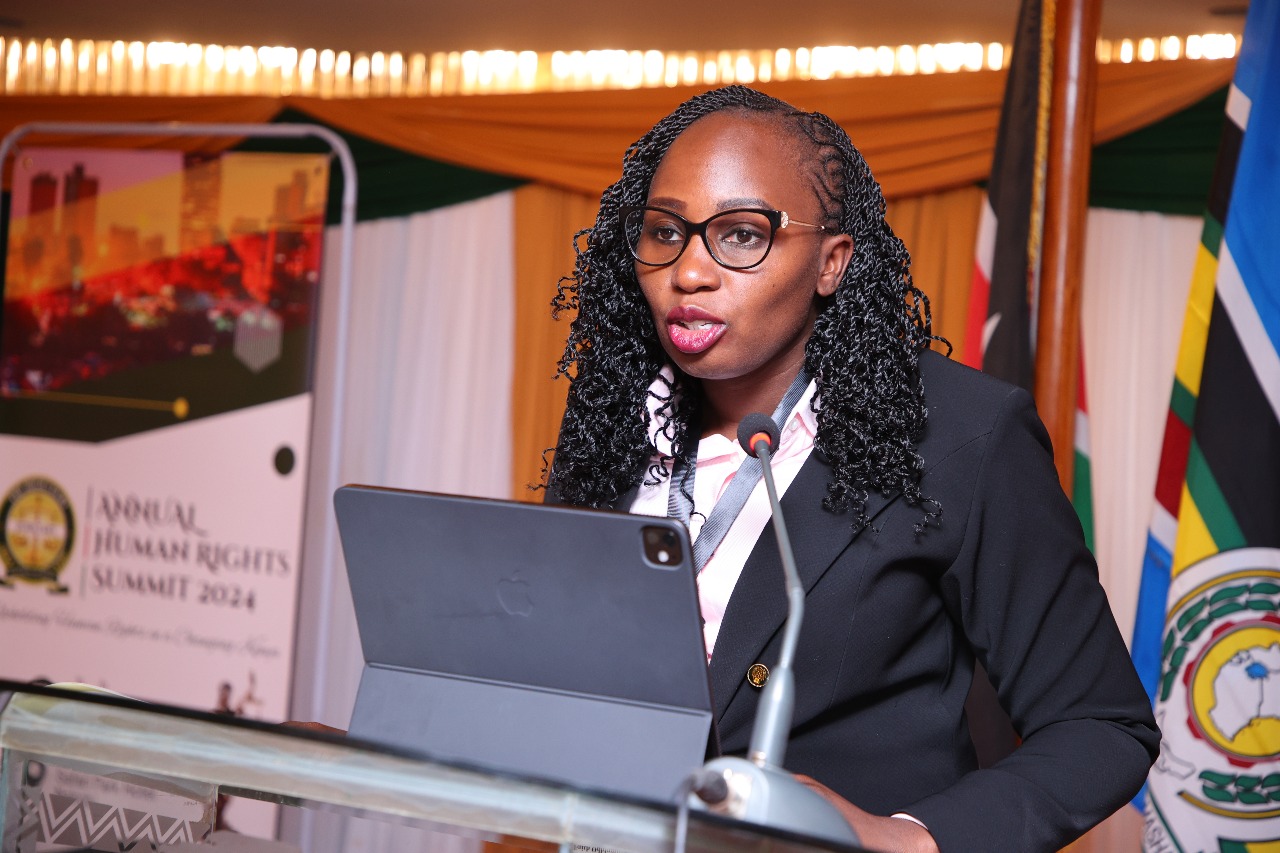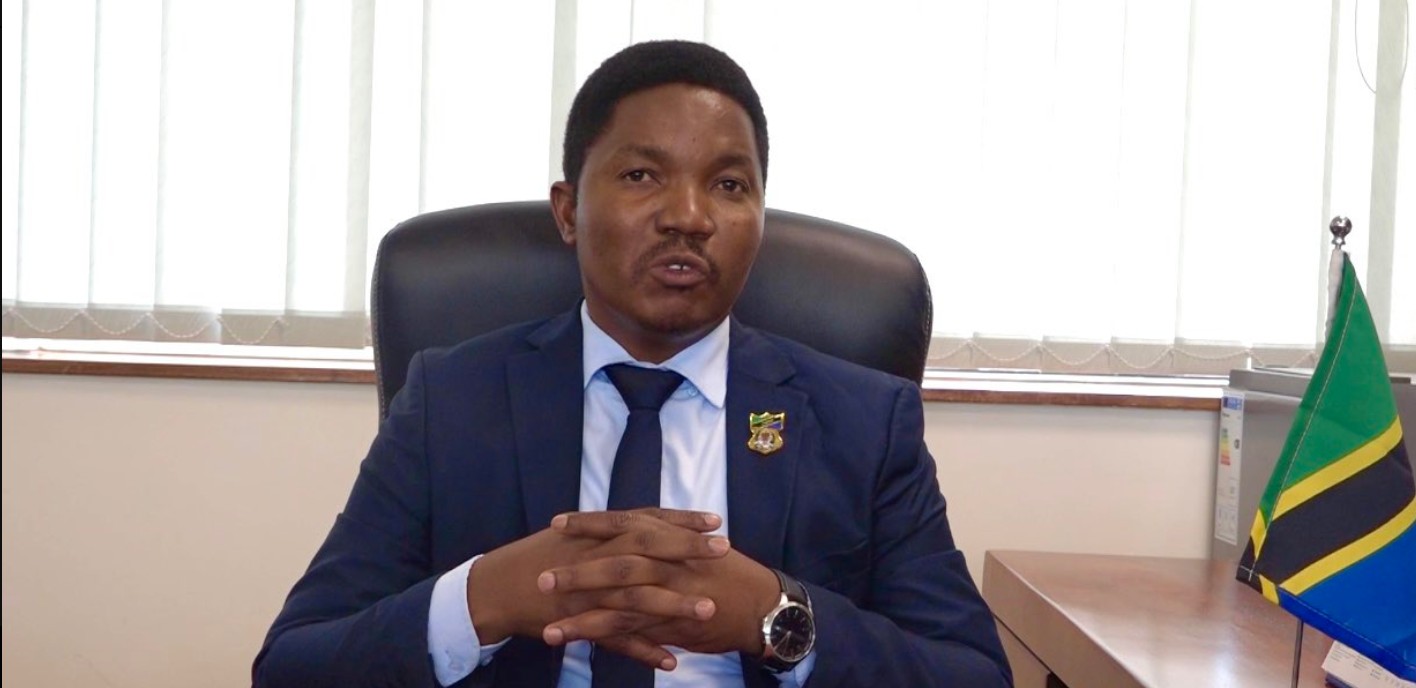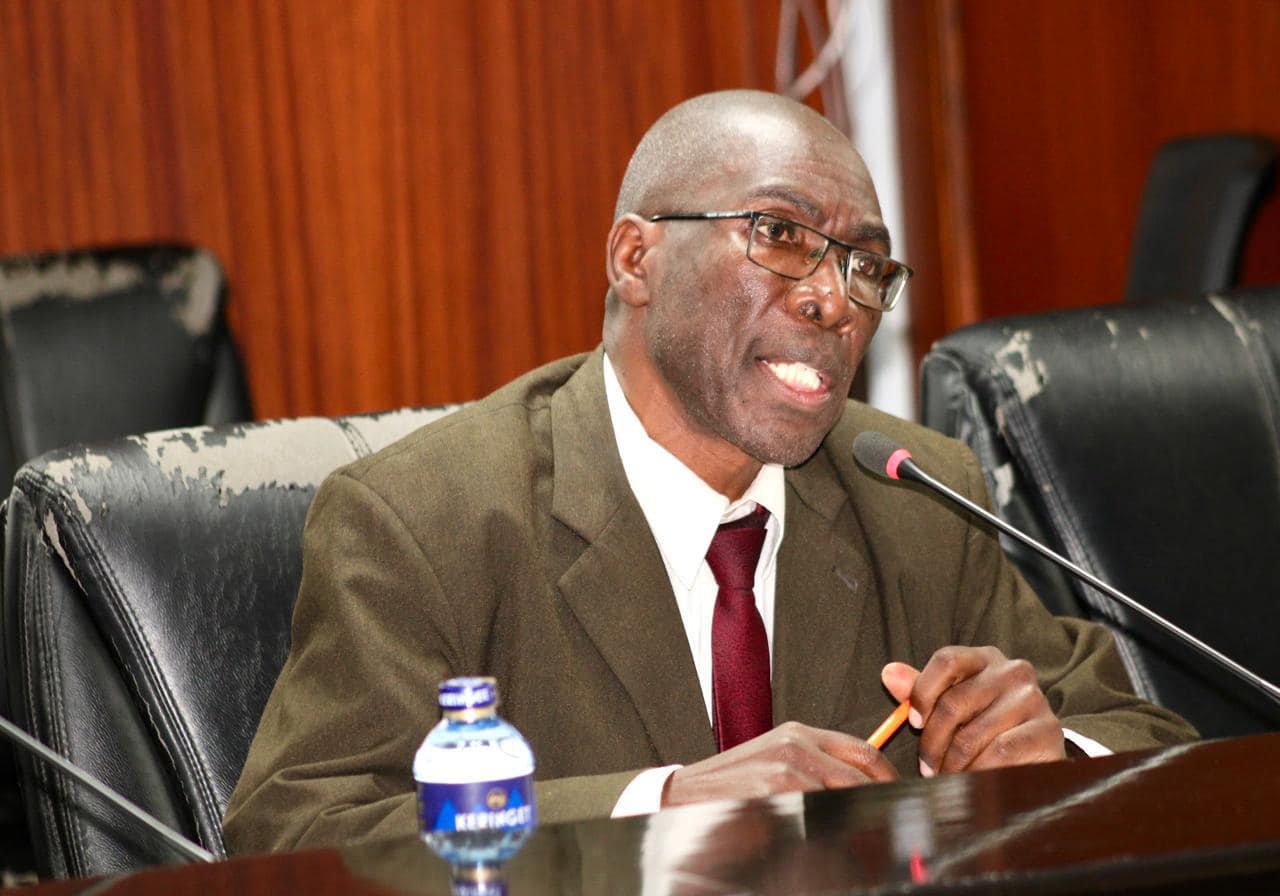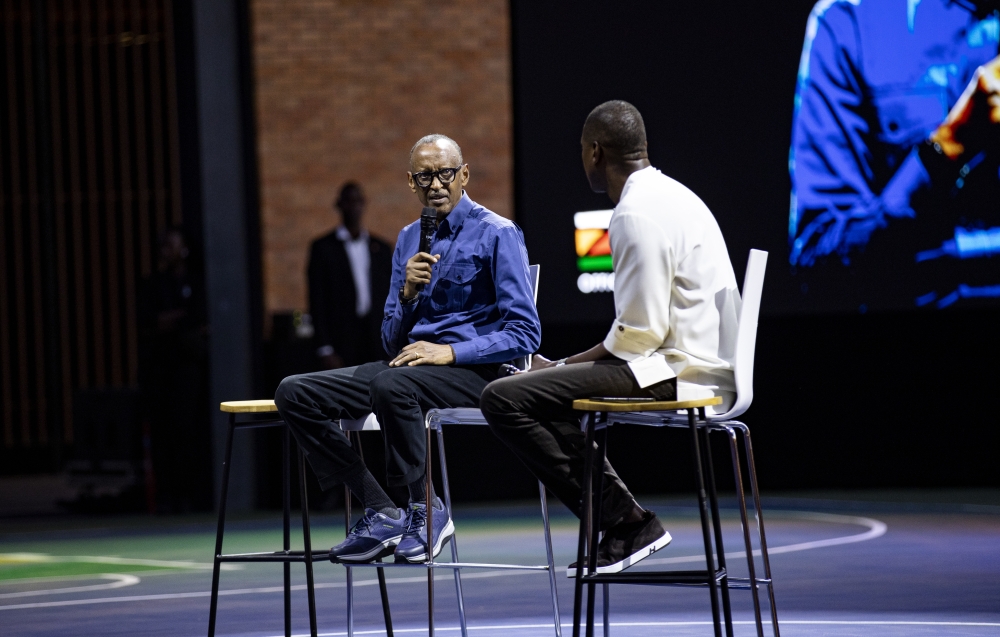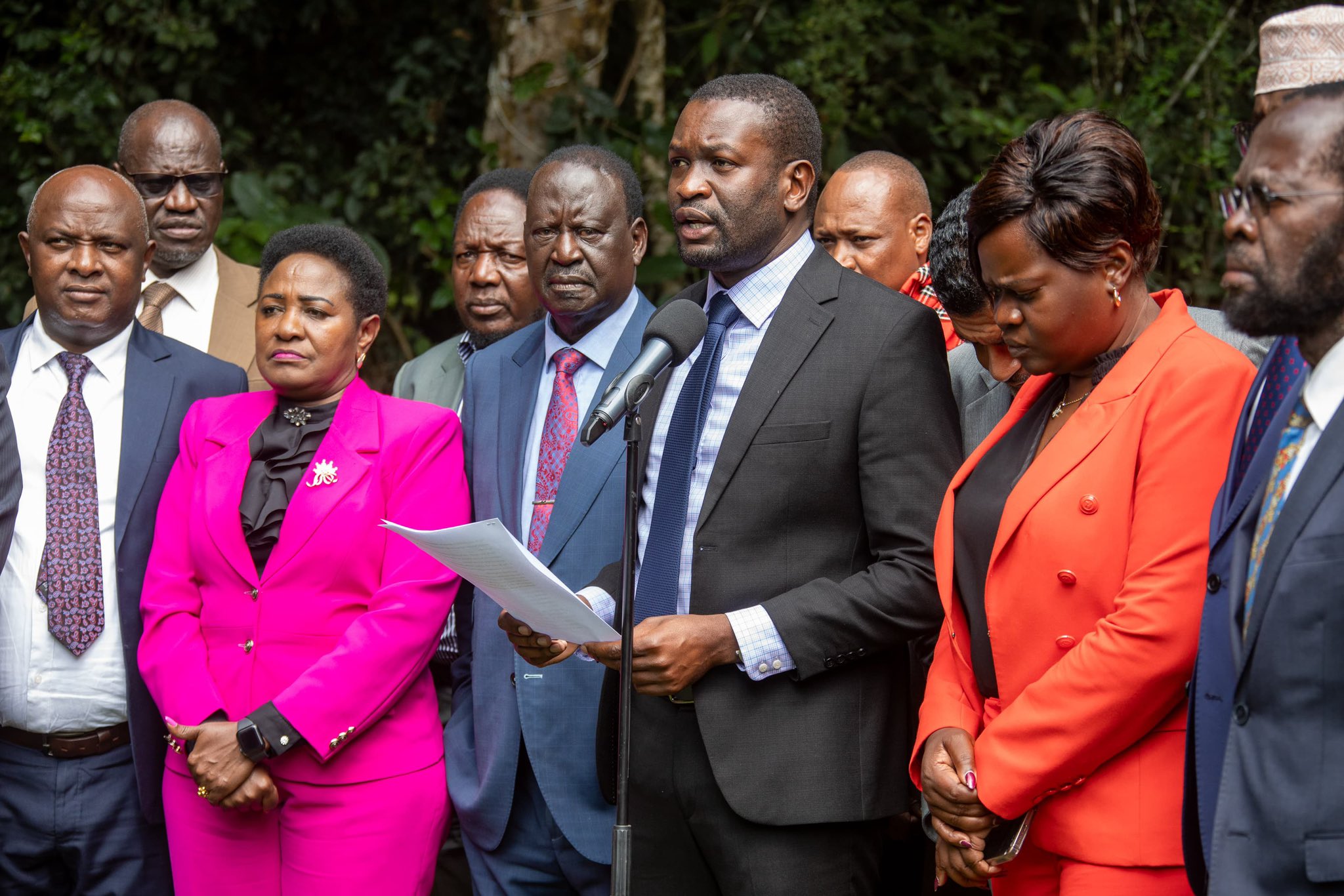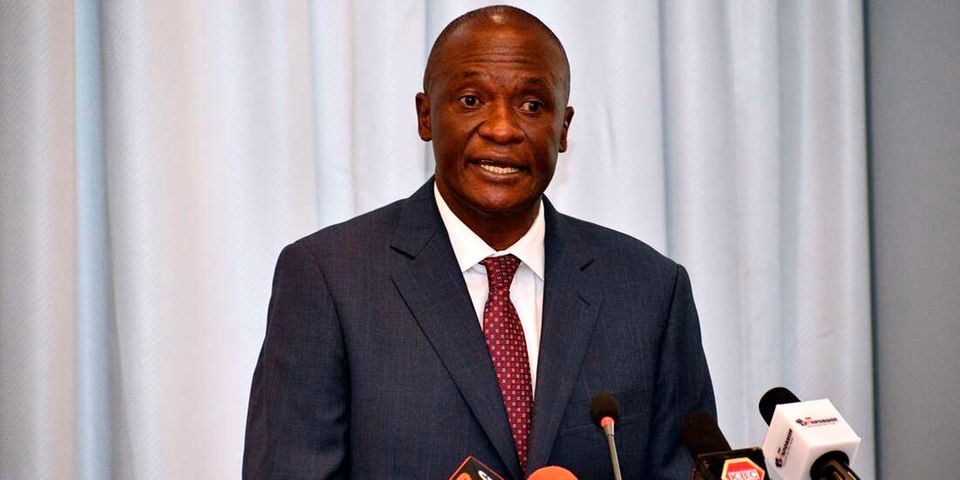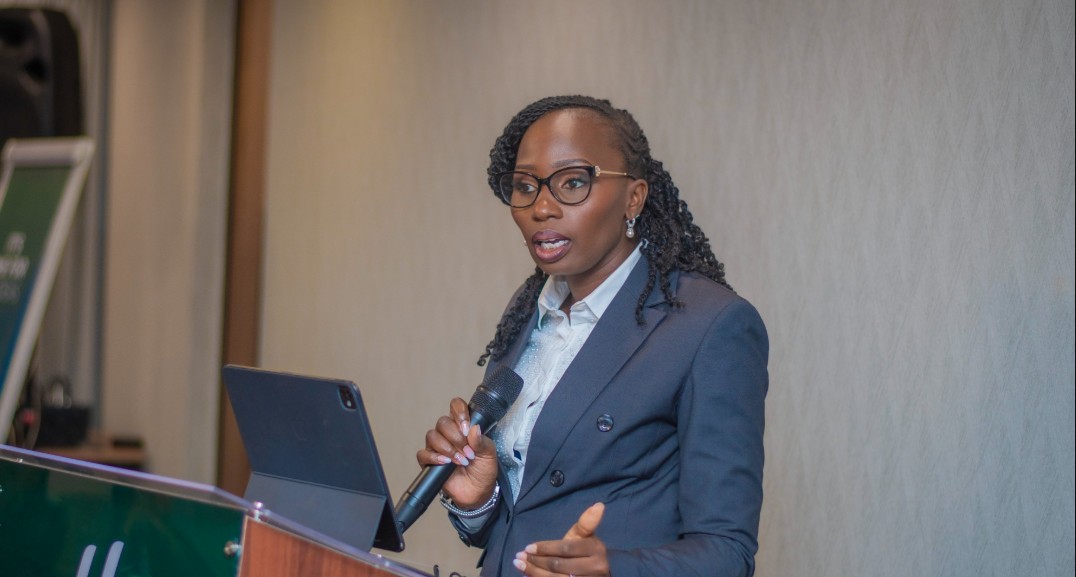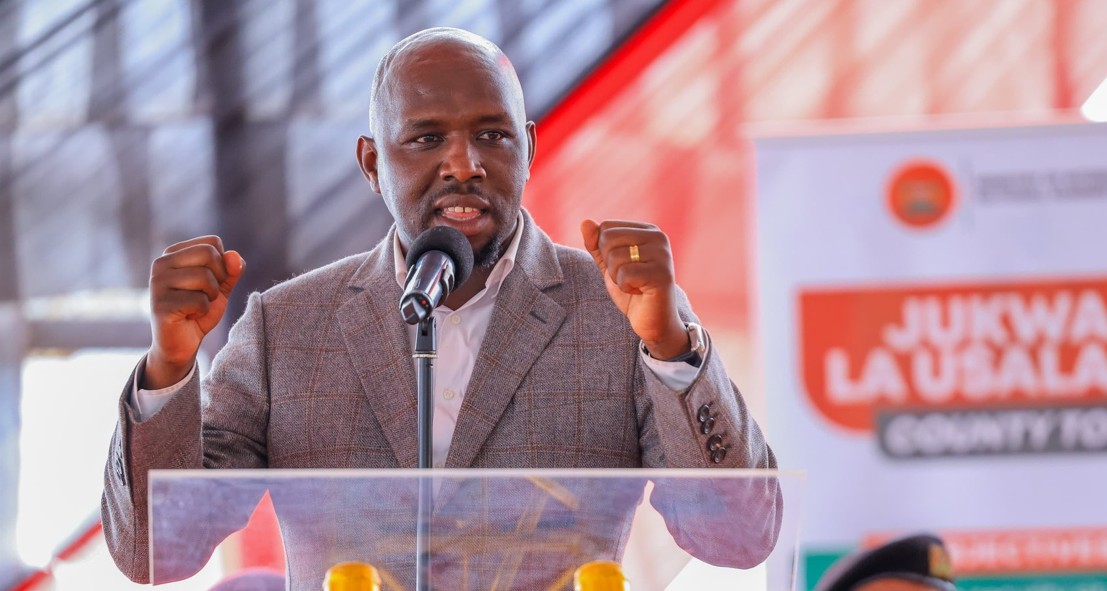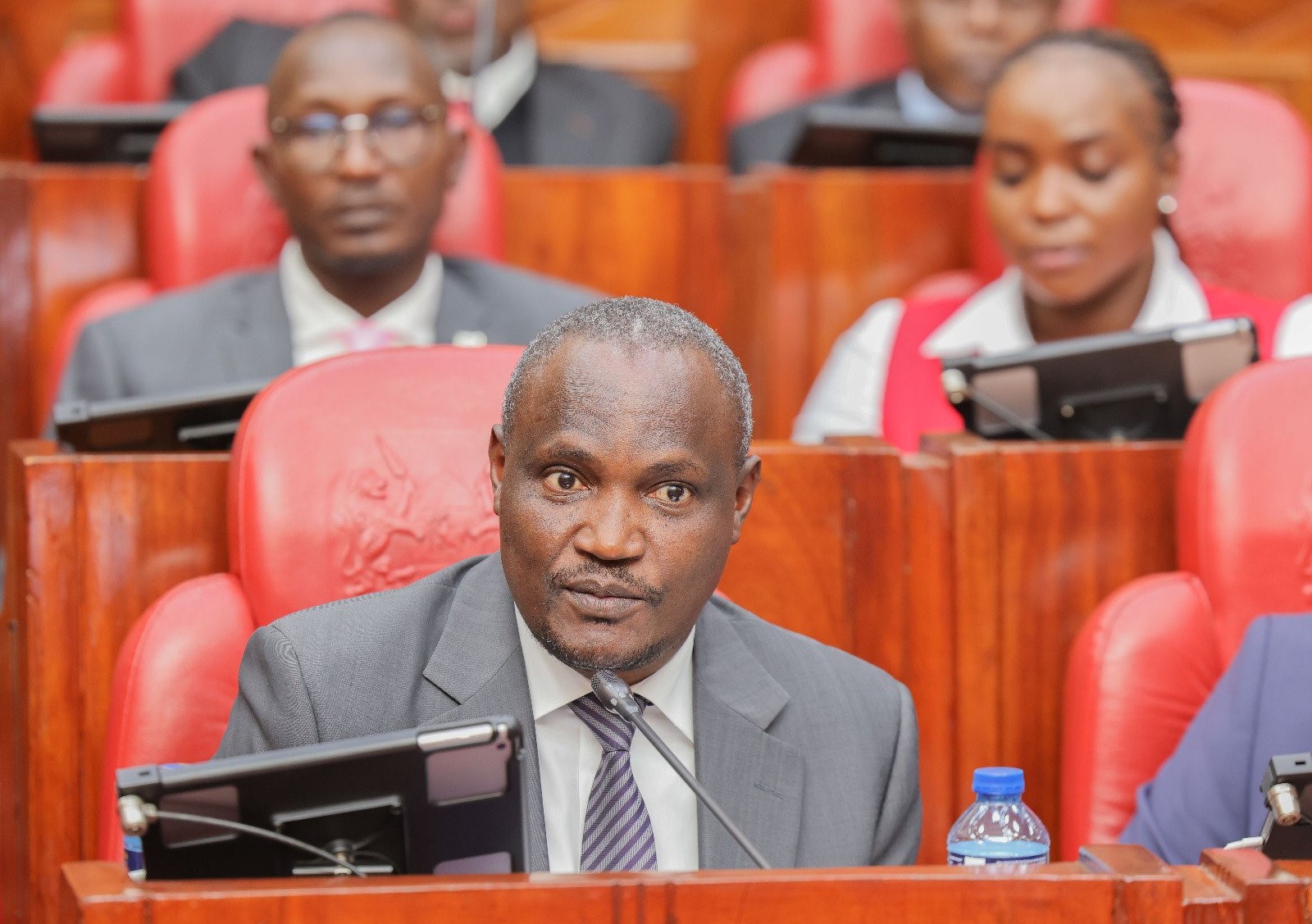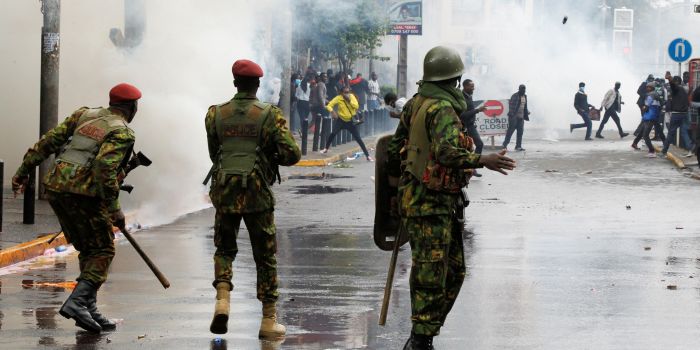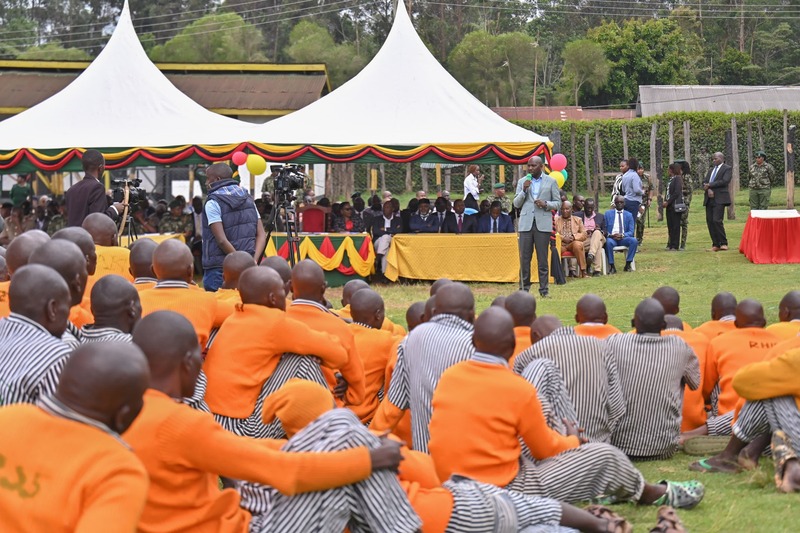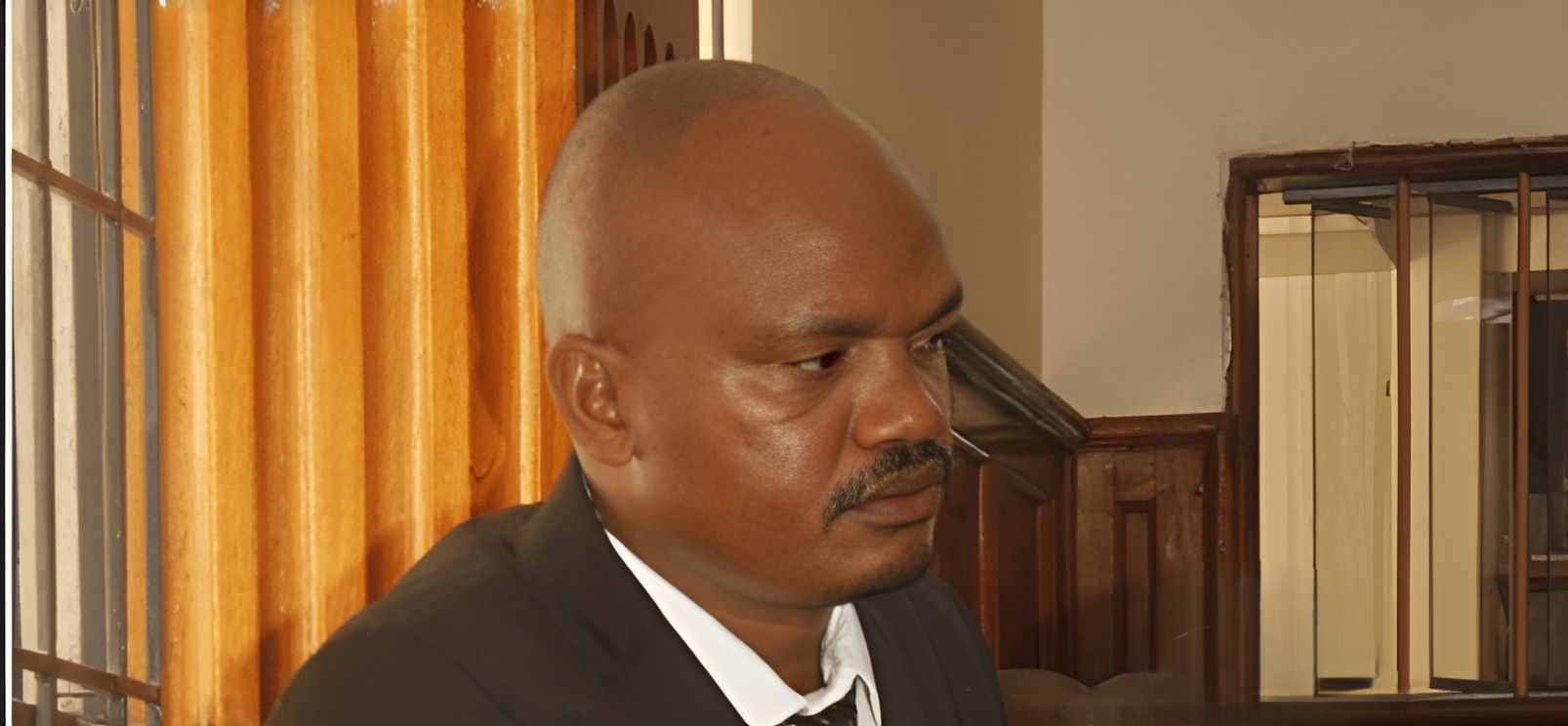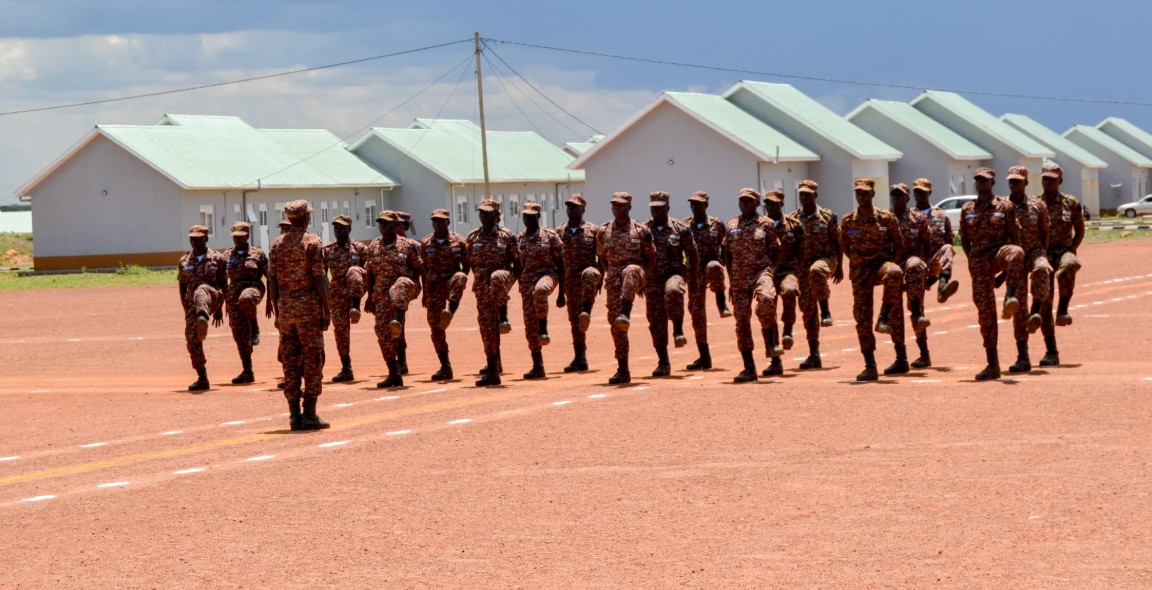Mudavadi attends UN human rights conference amid scrutiny over RSF Nairobi meeting, domestic abuses

Prime Cabinet Secretary Musalia Mudavadi on Monday attended the opening ceremony of the 58th Session of the United Nations Human Rights Council (UNHRC) in Geneva, just days after Nairobi hosted the sanctioned Rapid Support Forces (RSF) — a militia accused of war crimes and ethnic cleansing in Sudan — to sign an agreement establishing a ‘parallel government.’
Mudavadi is expected to deliver Kenya’s national statement, reaffirming the country’s commitment to human rights, democratic governance, and sustainable development in line with international principles.
More To Read
- Sudan's paramilitary-led coalition announces formation of parallel government
- Kenyan activist Mwabili Mwagodi missing, reportedly abducted in Tanzania
- Fresh twist in Ndiangui Kinyagia's abduction case after LSK files to withdraw representation
- Political leaders warned against incitement as 2027 General Election approaches
- Court hearing on Ndiang’ui Kinyagia adjourned amid affidavit confusion
- Nelson Havi urges President William Ruto to release detained protesters, warns against repression
However, his presence at the global human rights forum comes at a time when Kenya’s own human rights record is under increasing scrutiny, both at home and abroad.
Kenya was among several African nations elected to the UN Human Rights Council on October 9, 2024, a move that immediately sparked criticism from local and international human rights organisations.
The Kenya Human Rights Commission (KHRC) and Muslim Human Rights (MUHURI) accused the government of gross human rights violations, including extrajudicial killings, unlawful detentions, enforced disappearances and police brutality.
Contradiction
These abuses, they argue, contradict Kenya’s Constitution and the Kenya National Commission on Human Rights Act, both of which mandate the state to protect and promote human rights.
Mudavadi’s Geneva trip comes just days after Kenya hosted the RSF in Nairobi, allowing the sanctioned militia accused of massacres, sexual violence, and the displacement of millions in Sudan to formalise a rival government.
The move has deepened diplomatic tensions between Kenya and Sudan’s military-led government in Port Sudan, which has accused President William Ruto’s administration of actively undermining Sudan’s sovereignty.
The irony of Kenya championing human rights on the global stage while enabling a group widely accused of war crimes has not gone unnoticed.
Observers have pointed out the contradiction in Kenya’s foreign policy — presenting itself as a regional peace broker while simultaneously backing actors accused of mass atrocities.
Brutal crackdown on protesters
The Ruto administration itself has been accused of committing grave human rights violations. These include extrajudicial killings and torture, enforced disappearances of critics and activists, violent crackdowns on peaceful protests and oppressive taxation policies sparking public outrage.
Recent anti-government protests against the 2024 Finance Bill saw Kenyan police arrest over 1,400 people, abduct at least 65 suspected demonstrators, and use excessive force to suppress dissent.
These incidents highlight the growing discontent over the government’s economic policies, increased taxation and perceived authoritarian tendencies.
A nation at a crossroads
As Mudavadi takes the podium in Geneva, many will be watching closely. Will he acknowledge Kenya’s own deteriorating human rights record or will he attempt to deflect criticism by focusing on global issues?
For now, Kenya faces an uphill task of balancing its international diplomacy with growing unrest at home while explaining why it continues to engage with sanctioned armed groups that threaten regional stability.
If anything, Mudavadi’s Geneva visit is as much about damage control as it is about reaffirming commitments to human rights.
Top Stories Today

